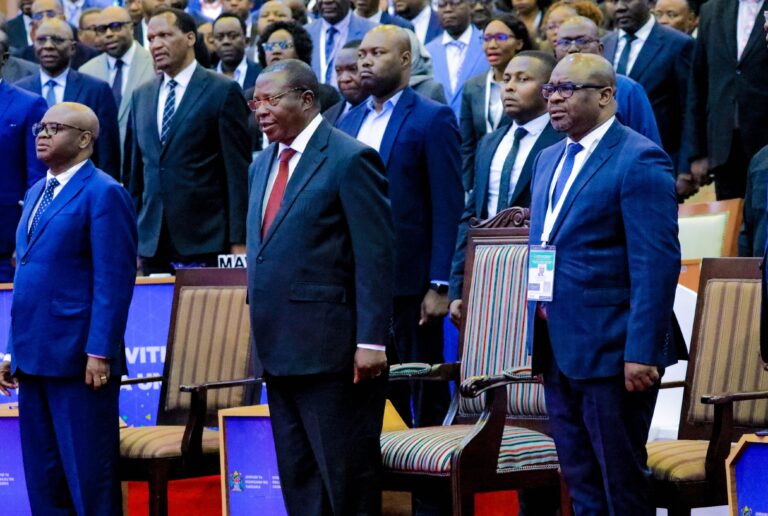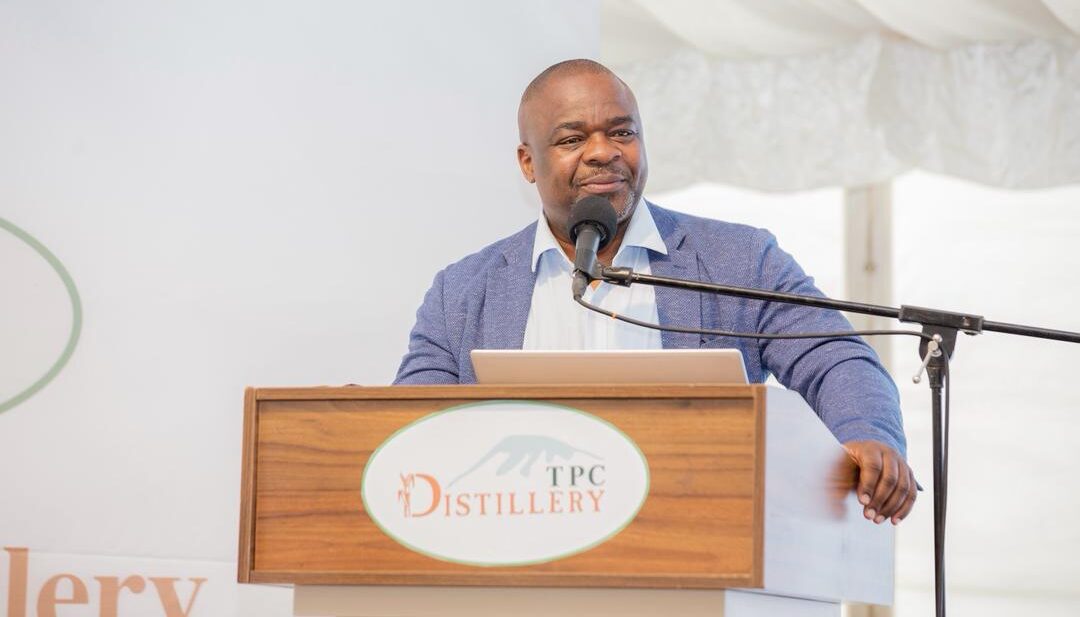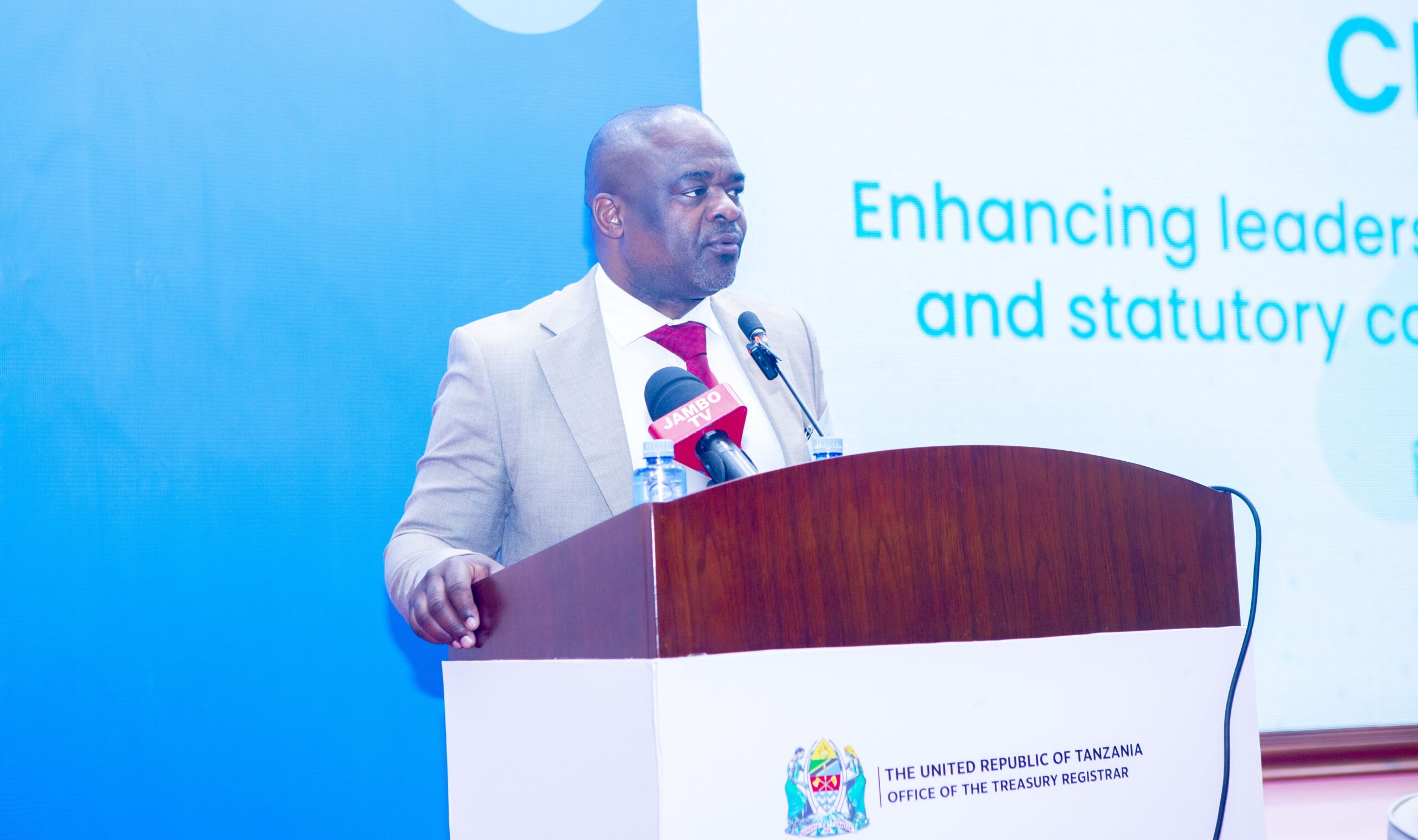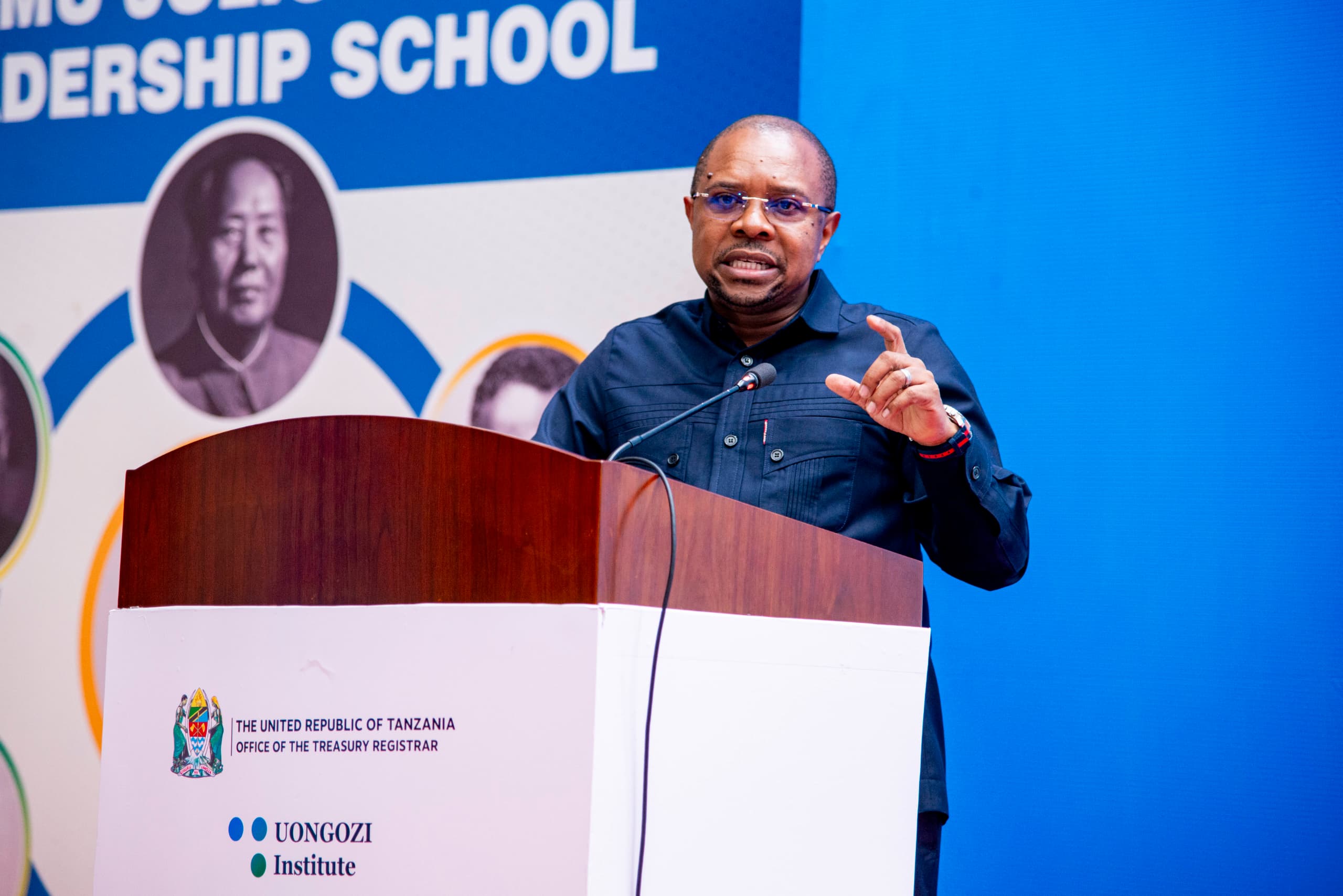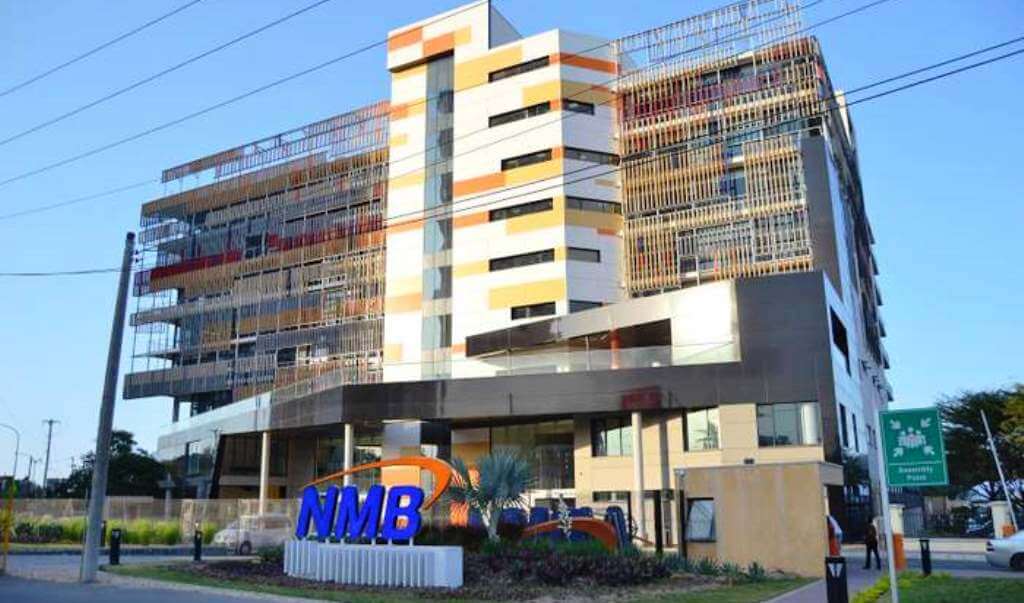Arusha. Public and private sector leaders have urged Tanzania’s State-Owned Enterprises (SOEs) to adopt agility, innovation, and strategic reforms to accelerate national development and improve service delivery.
The call was made on the third day of the Chairpersons and CEOs Forum (CEOs Forum 2025), held on August 25, 2025, in Arusha.
The four-day forum, officially opened by Vice President Dr Philip Mpango on Sunday, brought together Board Chairpersons and Chief Executive Officers of public institutions.
The meeting, which concludes on August 26, aims to reposition SOEs as efficient, competitive, and citizen-centred organizations.
Chief Executive Officer of Puma Energy Tanzania, Ms Fatma Abdallah, emphasized the urgent need for SOEs to shift toward change-driven practices to improve responsiveness.
“Bureaucracy has slowed operations for too long, but it also presents an opportunity to rethink how we work,” she said.
Ms Abdallah stressed the importance of streamlining internal processes and enhancing collaboration across institutions.
She advocated for empowering local units and eliminating unnecessary red tape to enable SOEs to focus on delivering measurable results.
Ms Abdallah proposed a sustainable SOE model rooted in good governance, strategic clarity, commercial viability, innovation, Environmental, Social, and Governance (ESG) principles, and dual Key Performance Indicators (KPIs) to track both financial and service delivery outcomes.
“Clear governance, strategic focus, and innovation create organizations capable of sustainable growth,” she noted.
To demonstrate the impact of agility, Abdallah highlighted examples such as the Ministry of Health’s rapid digital response during the COVID-19 pandemic and BRELA’s transition to online business registration, which reduced processing time from weeks to hours.
She also presented a five-pillar transformation framework: leadership commitment, policy and governance reform, digital infrastructure, an agile workforce, and a performance-driven culture.
The Director of Financial Deepening and Inclusion at the Bank of Tanzania, Mr Kenedy Komba, echoed the call, underscoring the dual mandate of SOEs to operate efficiently while ensuring access to essential public services.
“SOEs must combine operational efficiency with a strong public service mission,” Mr Komba said.
He encouraged enterprises to use data insights, formalise informal businesses, and expand outreach to underserved populations.
“Financial inclusion and efficiency go hand in hand. SOEs that embrace technology and innovative partnerships will deliver better services and contribute to national prosperity,” he added.
Mr Komba also emphasized the role of digitization in boosting transparency and creating new revenue streams.
CEO of the African Peer Review Mechanism, Ambassador Marie-Antoinette Rose-Quatre, positioned Tanzania as a strategic trade hub in Central and Southern Africa.
She praised Tanzania’s ongoing SOE reforms led by the Office of the Treasury Registrar (OTR) under the leadership of Mr Nehemiah Mchechu, which have shifted many institutions from loss-making to profitability.
“Tanzania’s SOEs, especially in transport, ports, and energy, have the potential to become regional champions,” she said.
She went on to add: “With AfCFTA, Tanzanian enterprises can unlock trade and investment opportunities across Africa.”
Ms Rose-Quatre also encouraged SOEs to explore alternative financing, including listing subsidiaries on regional exchanges and issuing sovereign, corporate, or green bonds.
She emphasized that strong governance and innovation are essential to long-term sustainability.
“Tanzania can lead by example, showing how strategic reforms, solid governance, and cross-border collaboration fuel sustainable growth,” she said.
The forum also highlighted synergy and collaboration as vital tools for maximizing national impact.
Participants of the CEOs Forum described synergy as “when combined efforts produce results greater than individual contributions,” noting that inter-agency cooperation and shared investments reduce duplication and increase efficiency.

